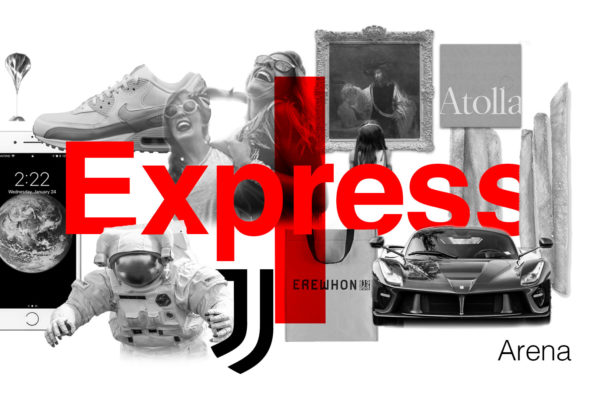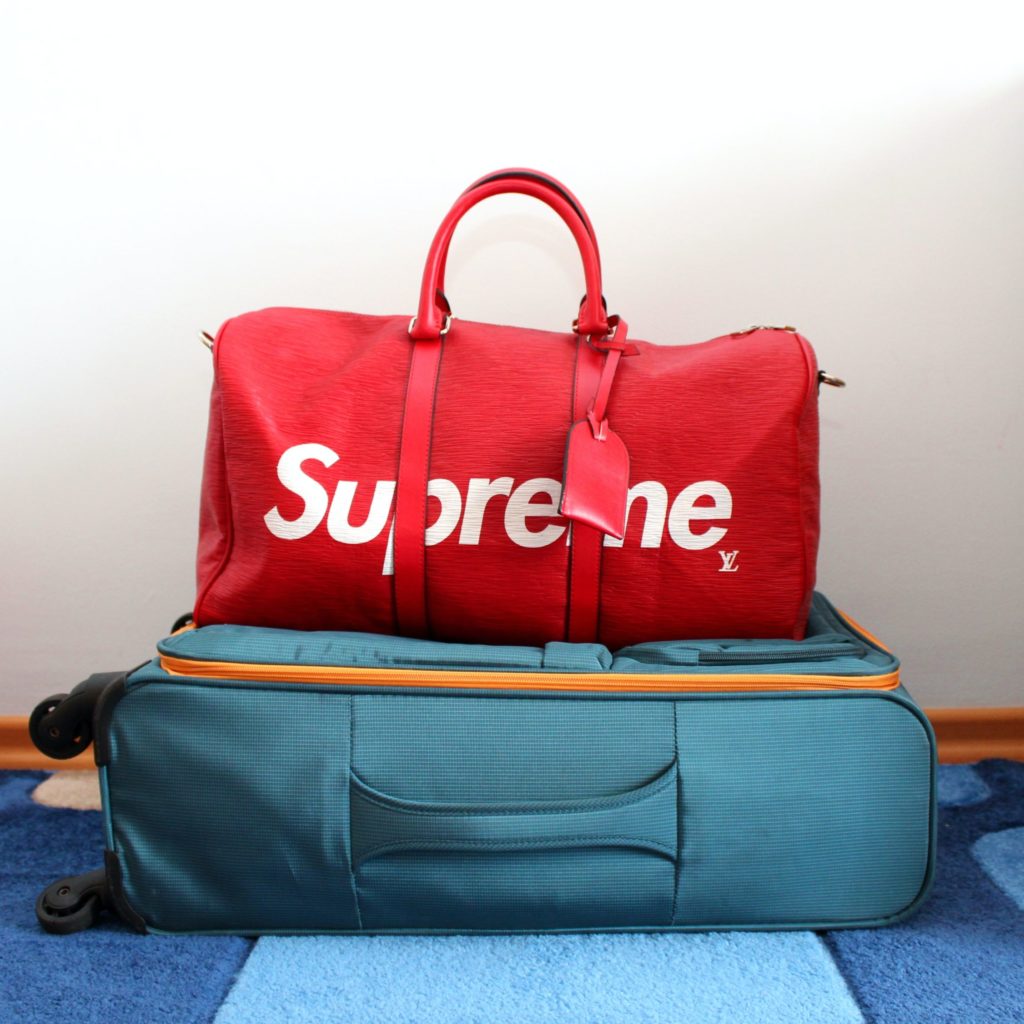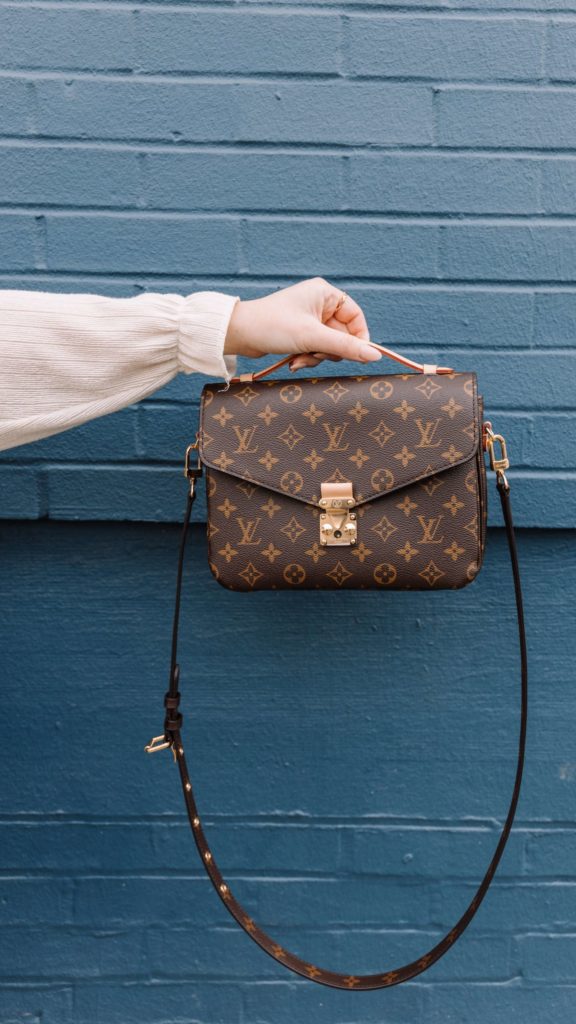Express Arena: Never say never

The tiles are moving again on the M&A board in the Express Arena. Last April, in an unpublished statement from Vogue, the iconic 86-year-old designer Giorgio Armani, a historic defender of the financial autonomy of his firm, assured that independence is no longer “strictly necessary” and that he valued “thinking about a union with an important Italian company.”
“No one says, this water I will not drink” wrote Don Miguel de Cervantes in the second part of Don Quixote de la Mancha (1615), the most translated literary work in the world after the Bible; a lesson that the king of product placement, James Bond, recovered in the tape “Never say never again” (1983). And it is that the world of luxury, like so many others, inside and outside the Express Arena, is immersed in an unprecedented transformation, in which M&A operations will play a crucial role. Although luxury and fashion have always been spaces very prone to this type of movement, the impact of the pandemic has accelerated the reorganization of the global market – many players with an investment appetite looking for new opportunities, and brands looking for liquidity, recovery, transformation, and growth.
Contrary to what it might seem, 2020 was not a bad year for the M&A market in the Express Arena. If we look only at the Fashion and Luxury segment, 277 agreements were registered, 6 more than in 2019. According to the Fashion & Luxury Private Equity and Investors Survey 2021 (Deloitte), the investment focus was on Personal Luxury Goods and Cosmetics & Fragrances. 2021 is expected to be a fertile year for M&A as well, with investors turning their attention primarily to Apparel & Accessories, and Cosmetics & Fragrances. Brands have been developing different strategies for months to overcome the economic crisis derived from the pandemic, which has led many to suffer from liquidity problems due to store closings, order cancellation, stock accumulation, etc. In general, there is a part of the market for which financial uncertainty makes it necessary to develop collaborations, joint ventures or, directly, M&A movements. In February 2020, for example, Sycamore Partners, a venture capital firm, acquired from L Brands a 55% stake in Victoria’s Secret, an iconic brand that has suffered for years from falling sales and losing its market position due to unremarkable ambition and trajectory, which consequently undermines relevance to dissatisfied customers and ultimately brand equity.
Investors (financial services, private equity/venture capital …) focus their interest, according to the previously mentioned report, in the search for greater profitability by promoting other strategic movements, of which, as brand and customer insights consultants, we are interested in particular: internationalization, the search for new clients and expansion through the Express Arena through new products, services and experienc.
This was the case in 2020, for example, of the group led by the T. Rowe Price Associates fund (a group that includes Amazon or BlackRock, among others), which took over the US start-up Rivian, focused on the development of luxury electric vehicles, although none have yet been launched to the market.
For its part, and after rumors that Supreme married LVMH, the brand led by James Jebbia was acquired by VF Corporation, thus adding to its portfolio (which includes brands such as The North Face or Timberland) very linked to the younger generations, who have found in it an entrance to the new world of Express.
“This paradigmatic case teaches us that the Express Arena is much more than the traditionally understood luxury and that, today, the human need to communicate and express an identity is satisfied from the most unsuspected places.”

Not everyone expresses in the same way: a singular perspective on Gen Z
It is precisely young people who are introducing a digital and gaming component that is very relevant to brands in the Express Arena. If Louis Vuitton or Burberry, among others, enter the world of esports or develop their own video games, it is no coincidence. The same occurs with sports traditionally linked to a premium audience and luxury brands, such as Formula 1. Much of its future is played on screens. Consequently, the Express Arena is twinned with the Play Arena, and operations are carried out aimed at consolidating a certain position in a boiling market; for example, EA recently agreed to acquire Codemasters (the developers of the Formula 1 esports championship) for $ 1.2 billion.
On the other hand, generation Z has consolidated a phenomenon that elevates products that are not luxury products to the category of must-haves and objects of desire, but whose unique, authentic, and differentiated (and sometimes ephemeral) character gives it that viral touch and identity that moves young people so much today and that, undoubtedly, competes in the Express Arena. It happened with Lidl’s (a European Supermarket chain) “Flow Cost” collection, a phenomenon in Europe whose products sold out in a matter of hours. Such was the phenomenon that Lidl flip flops have been sold on second-hand platforms for 3,000 euros.
This paradigmatic case teaches us that the Express Arena is much more than the traditionally understood luxury and that, today, the human need to communicate and express an identity is satisfied from the most unsuspected places (and with the capacity to go viral). And from there arise the most curious associations or operations, such as the joint venture between Nike and Lidl to launch sports collections; Associations that, not because they are curious, are striking in the Express arena, already used to strategic alliances such as those of Louis Vuitton and Takashi Murakami, or that of H&M with Karl Lagerfeld, among others.

“”Me, myself and I / That’s all I got in the end.” These lyrics from Beyoncé find resonance in today’s consumer, who prioritizes their well-being and aesthetics more than ever as another form of expression, encouraging the market to move.”
The big thing: me, myself & I
“Me, myself and I / That’s all I got in the end.” These lyrics from Beyoncé find resonance in today’s consumer, who prioritizes their well-being and aesthetics more than ever as another form of expression, encouraging the market to move. As we said before, the Cosmetics & Fragrances segment (for any type of public) enjoys investor interest. You just need to take a look at platforms such as Instagram, TikTok or YouTube, where the content related to these categories has millions of followers.
Brands react and we see movements of all kinds: from fashion brands that, such as Zara, enter this territory, to acquisitions of cosmetic brands, such as the recent purchase of Charlotte Tilbury by Puig and BDT Capital Partners. Puig is a fragrance giant of European origin that, with this operation, has made the leap, for the first time, to cosmetics. It also happens the other way around: a chemical company focused on cosmetics, like the British Croda, entering the world of fragrances with the purchase of Iberchem.
We are talking about a segment on caring for one’s own body, about to reach its boiling point. Society’s need to “be whoever you want to be” finds its answer in a vast ecosystem of brands of all kinds (makeup, surgery, facial and body treatments, hair products …) that little by little are taking positions to provide the consumer with a holistic and differentiated experience.
2021, point of no return for luxury?
Looking ahead from 2021, potential movements are sensed in the world of luxury. One of the hot spots is in Italy, where Exor, a group led by the Agnelli family (FIAT, Juventus…), can become the catalyst for the condensation of a rather fragmented market. In addition to acquiring the Chinese firm Shang Xia in December (until then owned by Hermès) or 24% of Louboutin a few months ago, different media have echoed a desire to create an empire of the Express Arena: negotiations with Giorgio Armani, rumors about Valentino or Prada… In short, the Italian brands in the Express Arena seem to be at an unprecedented moment: ready to give up their financial independence in favor of a large group (yes, Italian) to maintain their growth and relevance in the future. “No one says ‘this water I will not drink’.”
However, it should be remembered that sometimes (in fact, most) these M&A operations get complicated. Let’s remember the tortuous path that LVMH and Tiffany & Co. have gone through to finally close an agreement that will “transform in depth” the watch and jewelry division of the American brand. Respect for brands and, therefore, for cultures and the identity of consumers, is essential to be able to reach a successful conclusion – and this key, regardless of who sells or buys, cannot be forgotten in the face of other urgencies no less important such as obtaining liquidity, operating or financial muscle, etc.
We are in a unique moment that will surely change the Express Arena forever. New financial agents and consumers are playing an active role in the development of new rules in the market, which, together with digitization and the development of the virtual “metaverse”, opens up new opportunities that investors with available capital are willing to finance and boost.
Do we place our bets?